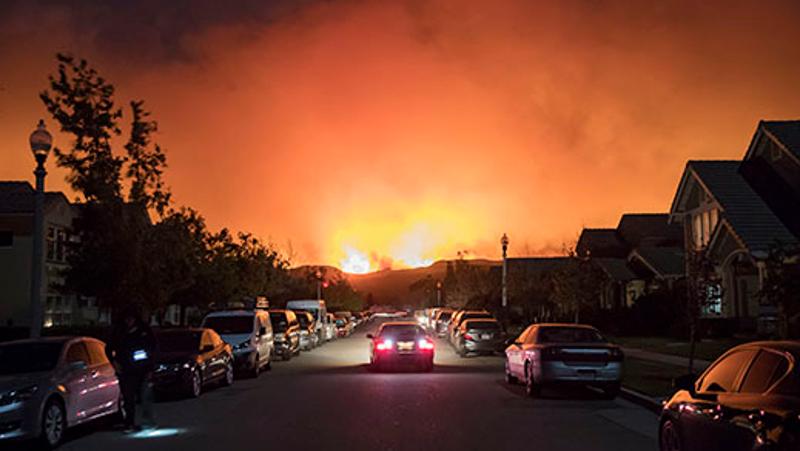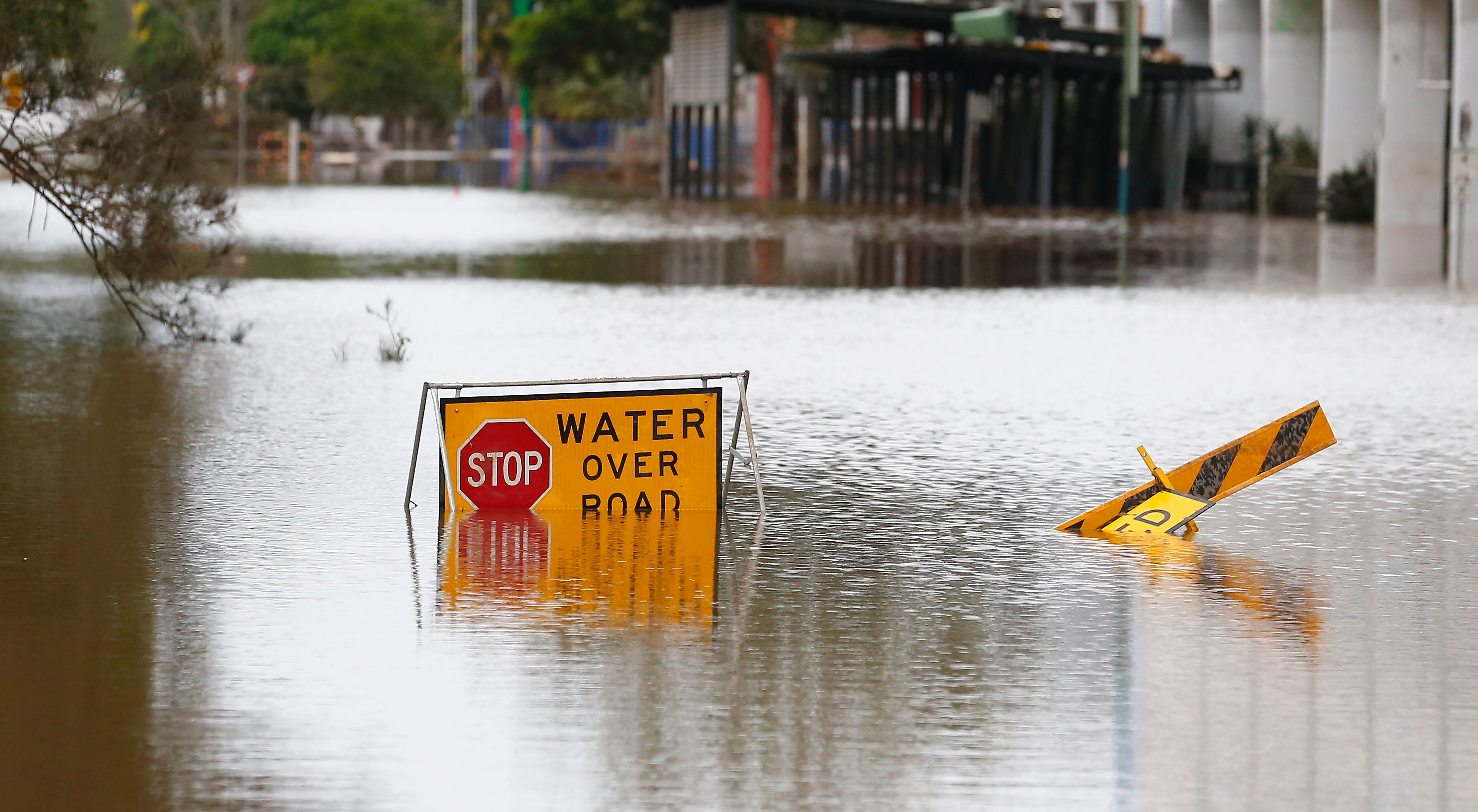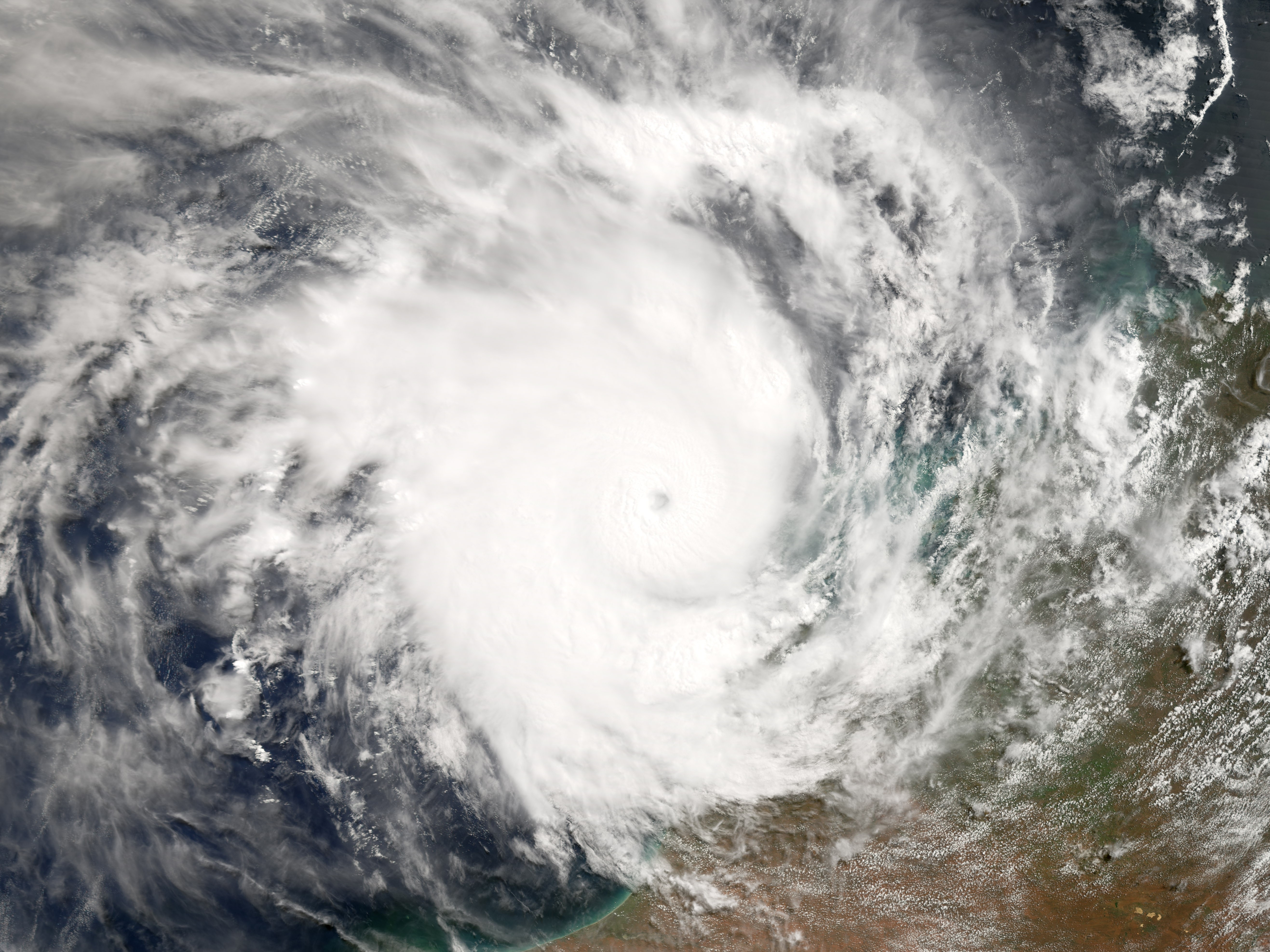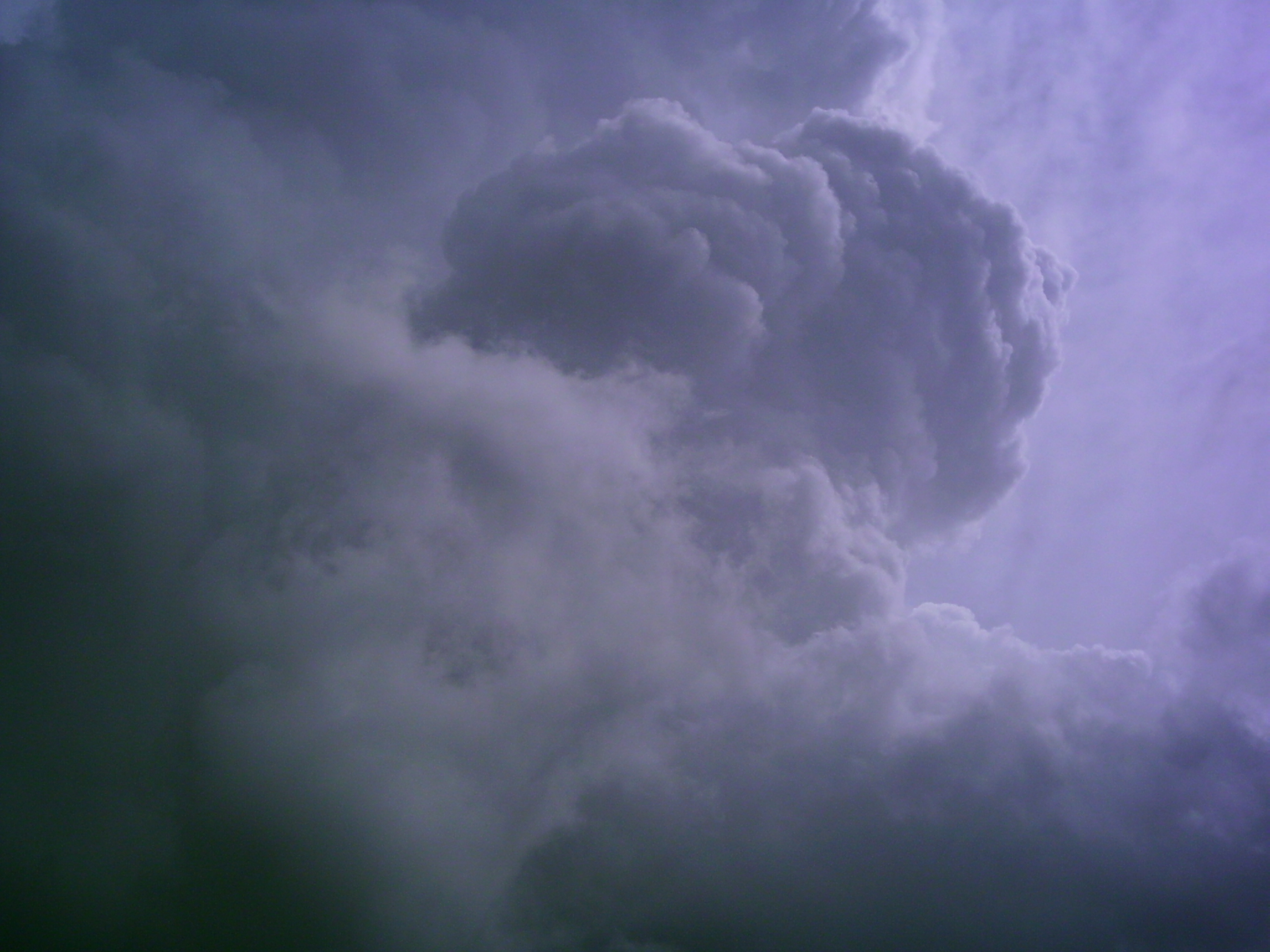
Climate change lawsuits against governments have had more success than those against fossil fuel companies and are a legal tool for communities and Indigenous groups to promote climate change mitigation and adaptation.
The finding is contained in a chapter of a new book, Intellectual Property and Clean Energy, by QUT Intellectual Property and Innovation Professor Matthew Rimmer.

“Climate litigation has been on the rise in the United States, the European Union, and Australia versus both governments, and fossil fuel companies. The results, though, have been mixed,” Professor Rimmer said.
“While the climate litigation in the Urgenda case in the Netherlands was a success, litigation elsewhere has faced various procedural and substantive hurdles and obstacles.”
The book discusses the emerging field of atmospheric trust litigation in relation to Alaskan lawsuits brought by Indigenous people under the UN Declaration on the Rights of Indigenous Peoples and other frameworks.
Professor Rimmer said the public trust doctrine, whereby the sovereign holds in trust for the public resources that belong to everyone, was a theoretical framework being expanded by Indigenous communities and others to address climate change.

“The atmospheric trust litigation by Nelson Kanuk v State of Alaska is an important test case on the use of the public trust doctrine to underpin their call for protection of Indigenous rights, including traditional knowledge, from the impact of climate change.
“The intent is to formalise governments’ duty to protect not only land, water and oceans but also the atmosphere and the climate by seeing all nations as co-tenant trustees with obligations to their citizens and future generations.”
Professor Rimmer said legal theorists were exploring bases for climate litigation because international diplomatic efforts and treaties had failed by politicising climate change.
“Australia has not recognised the public trust doctrine and so environmental defenders here have had to rely upon alternative legal avenues such as piecemeal regulation,” he said.
“Climate change litigation in Australia has influenced regulatory and decision-making processes but hasn’t been able to address the underlying social, political and economic structures supporting carbon-intensive systems.

“The Alaskan atmospheric trust litigation is a useful precursor to a much more systematic pattern of climate litigation to address policy inaction by governments.
“In Australia native title holders have challenged Adani’s Carmichael coal project and Indigenous Pacific communities are investigating redress for loss and damage wrought by climate change.
“We are seeing the inextricable link between climate change, human rights, intergenerational rights and Indigenous communities in this new field of litigation.
“More and creative uses of existing doctrines will be employed to bring governments to account for climate change inaction, especially as the Trump administration repeals and rescinds environmental regulation and climate protections instituted by the Obama administration.”
QUT Media contacts:
Niki Widdowson, 07 3138 2999 or n.widdowson@qut.edu.au
After hours: Rose Trapnell 0407 585 901 or media@qut.edu.au


